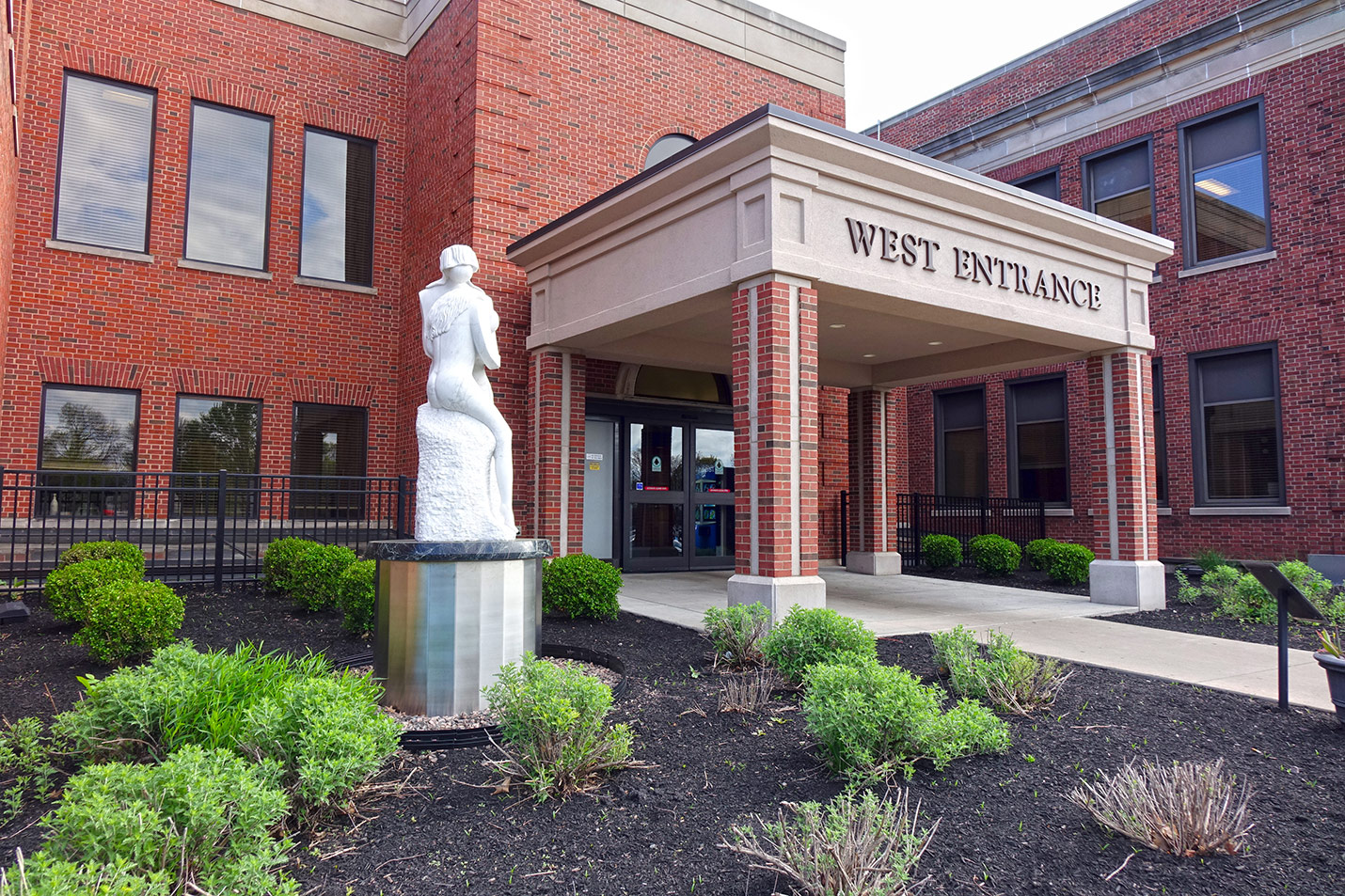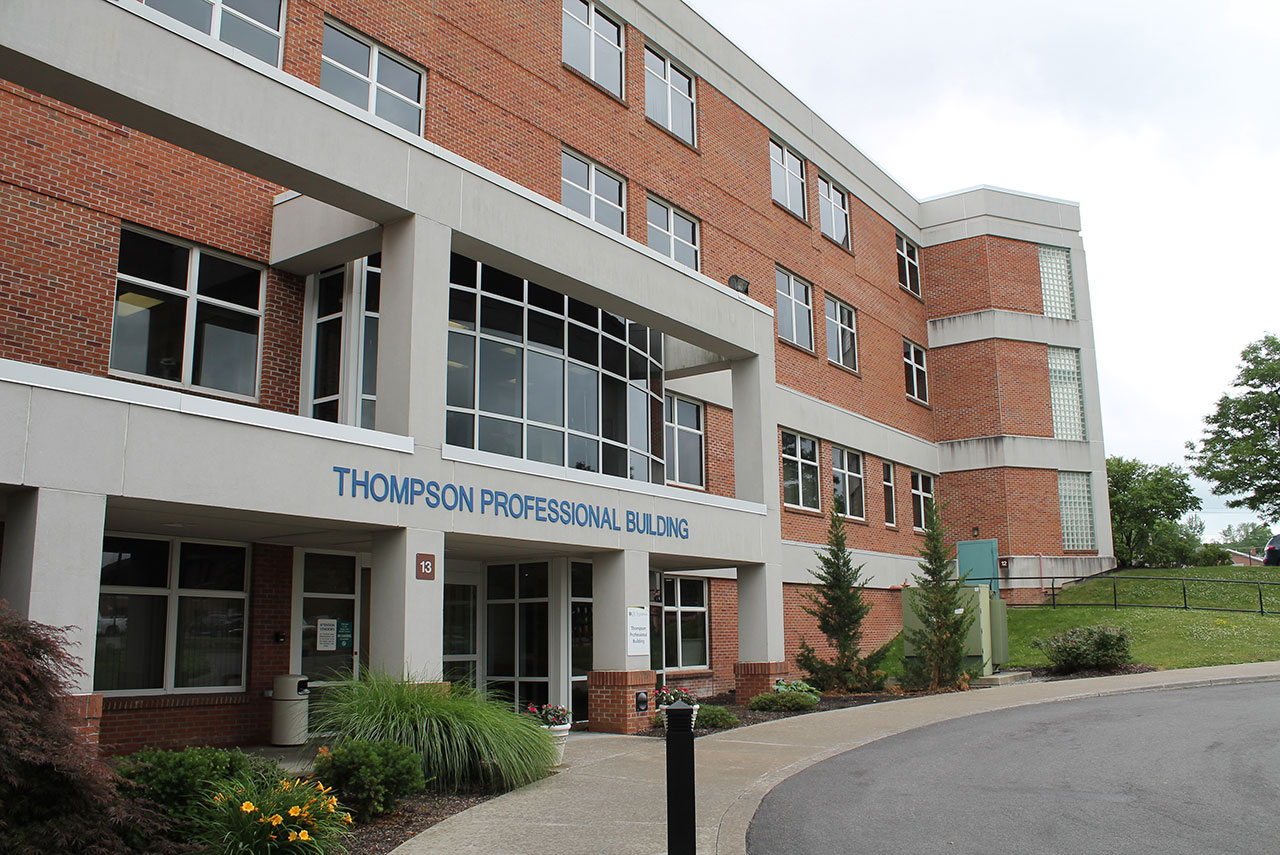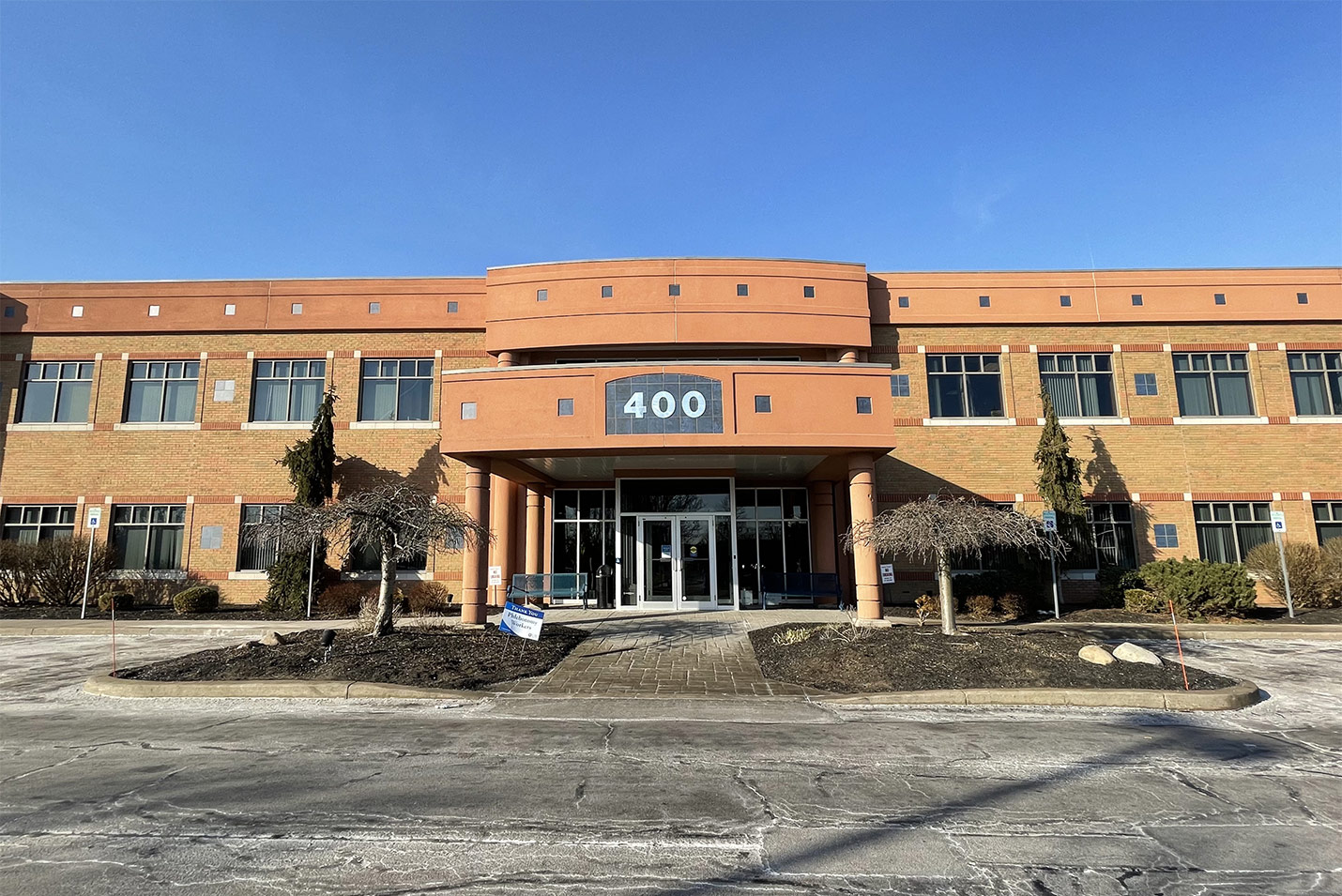Scleroderma
Make Appointments & Get Care
What is Scleroderma?
Scleroderma is a rare, chronic disease that can cause abnormal growth of connective tissue in the joints, skin, cartilage, and internal organs which leads to thickening. It is degenerative and can get worse over time.
The disease can be in one part of the body—localized scleroderma—or the entire body, a more serious condition called systemic sclerosis. Scleroderma is more common in women.
UR Medicine's Treatments for Scleroderma
Scleroderma looks different in different people. At UR Medicine, one of our experienced rheumatologists will make the diagnosis after a comprehensive evaluation. Our health care team will provide you with education and support and will also work with other specialists to provide you with the care and treatment you need.
As scleroderma is generally a systemic (whole body) disease, more than one specialist may be involved in diagnosing and managing your illness. This may include a rheumatologist (autoimmune diseases), a dermatologist (skin), a nephrologist (kidney), a pulmonologist (lungs), gastroenterology (stomach and intestines) and other specialists depending on which part(s) of the body are being affected.
We will also help you coordinate the appointments you need for lab work and other tests as well as appointments with other specialists as needed.
Evaluation and Diagnosis
The process starts with a health history, physical exam and lab work. You also might need tests to evaluate:
- Your heart with an electrocardiogram (ECG)
- Your lungs with pulmonary function testing and a CT scan
- Your kidneys with blood and urine tests
Treatments
There is no cure for scleroderma. Unlike other autoimmune diseases where one type of medication controls many of the symptoms, medications for scleroderma target specific symptoms or specific organs.
Medications
Treatments may include medications for:
- Skin, Lungs and Muscles: Medications which lower your immune system are used to treat the skin, the lung tissue (interstitial lung disease) and muscle weakness.
- Raynaud’s Phenomenon and Lungs: Medications that help open up blood vessels are used to treat tightening of the blood vessels in the fingers and the lungs (pulmonary hypertension).
- Gastrointestinal tract: Acid reducing medications are used to treat acid reflux (heart burn). If the movement of the intestines is affected, medications that control diarrhea and constipation are prescribed.
- Kidneys: A particular blood pressure medicine called an angiotensin converting enzyme inhibitor (ACE inhibitor) is effective in treating scleroderma involvement of the kidney.
Lifestyle Management
- Physical Therapy and Occupational Therapy: Skin thickening can affect the range of motion of the joints. PT and OT can help prevent loss of motion and improve function. It may also help with muscle weakness. Learn more about UR Medicine Physical Therapy and UR Medicine Occupational Therapy.
- Healthy Eating: If the GI tract is involved, alterations in the types and amounts of foods you eat may be necessary. For example, if you have acid reflux, avoiding certain foods and not eating before bedtime can help. In people with problems with digestion, smaller meals or avoidance of certain foods may be needed. Learn about our UR Medicine Improve Nutrition Program.
- Protection from the cold: People with Raynaud’s need to keep their body warm and protect their fingers and toes from the cold. Wearing multiple layers of clothing is important not only in winter but also in air conditioned rooms.
- Smoking Cessation: Smoking makes symptoms for people with scleroderma worse, especially if your lungs are involved. At UR Medicine our team of physicians, nurse practitioners and lifestyle counselors can help you develop a plan to quit. Learn more about the UR Medicine Stop Smoking Program.
What Sets Us Apart?
At UR Medicine, we have physician scientists who are actively studying the processes in the body that lead to the scarring found in scleroderma. Research such as this is important for developing improved therapies for scleroderma.
Locations
View All LocationsWe serve you in the Rochester metropolitan area and surrounding region.
View All Locations4 locations
Lattimore Medical Center
125 Lattimore Road, Suite G-110
Rochester, NY 14620
Thompson Professional Building
395 West Street, Suite 007
Canandaigua, NY 14424
Red Creek (Calkins Corporate Park)
400 Red Creek Drive, Suite 240
Rochester, NY 14623
48 East South Street, Suite 200
Geneseo, NY 14454
Clinical Trials
Our researchers are studying new medications to improve treatment and quality of life of people with scleroderma. You may wish to help others by participating in a clinical study while receiving the newest treatment available.
Email Us


